Smuggler offering “fast track” for sale Speaking with a BBC undercover reporter, Channel Crossing
Shortly and reluctantly, the Vietnamese people smuggler appeared from the shadows of a ragged forest near the northern French coast.
“Avoid the other people. “Come this way, fast,” he said, pointing to a team member who had been posing as a potential customer for weeks while crossing an abandoned railway line.
The smuggler, a tall man with brightly dyed blond hair, turned abruptly away, like a startled fox, and disappeared down a narrow path into the woods a few moments later.
Earlier this year, Vietnam emerged—abruptly—as the biggest single source of new migrants seeking to cross the Channel to the UK illegally in small boats. In the first half of 2024, arrivals jumped from 1,306 in 2023 to 2,248.
Vietnamese migrants are paying twice the standard price for a faster and more efficient “elite” small boat smuggling experience, according to our investigation, which included interviews with Vietnamese smugglers and clients, French police, prosecutors, and charities. There are some signs that it may also be safer, as the number of fatalities in the Channel reaches a record high this year.
As part of our work to penetrate the Vietnamese operations, we met an experienced smuggler who is operating in the UK and forging documents for migrants seeking to reach Europe. To learn more about the process, our undercover reporter, who was pretending to be a Vietnamese immigrant, set up a phone call and text exchange with a smuggling gang that was active in the woods close to Dunkirk.
It costs £2,600 for a small boat service. The smuggler, who identified himself as Bac, replied via text, “Payment to be made after you arrive in the UK.” Similar numbers were reported to us by other sources. We believe Bac may be a senior member of a UK gang and the boss of Tony, the blond man in the woods.
He explained to us how many migrants initially flew from Vietnam to Hungary, where, as far as we can tell, it is now relatively easy for them to obtain a legitimate work visa, frequently using forged documents. He also gave us instructions on how to travel from Europe to the UK. According to Bac, the migrants proceeded to Paris before arriving in Dunkirk.
Later, he texted, “Tony can pick you up at the [Dunkirk] station,” instead.
Vietnamese migrants are widely considered to be vulnerable to networks of trafficking groups. These organisations might try to get them into debt and make them work on cannabis farms or other companies in the UK to pay off their debts.
Recent trips to the camps near Dunkirk and Calais have made it abundantly evident that the Vietnamese gangs and their patrons function independently of other organisations.
“Compared to the others, they are much more discreet and keep to themselves. Claire Millot, a volunteer for Salam, an NGO that aids migrants in Dunkirk, says, “We see them very little.”
We recently saw a rare sight of about 30 Vietnamese purchasing life jackets at a Decathlon store in Dunkirk, according to a volunteer with another charity.
In addition to maintaining their distance, the Vietnamese gangs’ efficient service requires much less waiting in the camps. Many migrants from Africa and the Middle East live in appalling conditions on the French coast for weeks or even months at a time. Some lack the money to pay for a place on a small boat, so they try to make ends meet by working for the smuggling gangs. Many are stopped by French police on the beaches and have to try several times before they can successfully cross the Channel.
During a recent visit, we witnessed scores of weary families from Iraq, Iran, Syria, Eritrea, and other countries congregating in the rain at a muddy location where aid organisations offer daily meals and medical support. At a picnic table, kids were playing Connect 4, and a man was getting help for an arm wound. We were informed by a number of parents that a Kurdish boy, four months old, had drowned the night before after the boat he was in overturned during an attempt to cross the Channel. None of them claimed that the death would deter them from trying on their own.
No Vietnamese were to be seen. It is evident that Vietnamese smugglers typically transport their customers to the northern French camps when the weather is already favourable and a crossing is about to occur.
We had first encountered the new influx of Vietnamese migrants earlier this year, stumbling on one of their camps near Dunkirk. With matching tents arranged in straight lines and a group preparing a mouthwatering and intricate meal consisting of fried garlic, onions, and Vietnamese spices, it seemed noticeably neater and more organised than other migrant camps.
“They’re very organised and united and stay together in the camps. They’re quite something. When they arrive at the coast, we know that a crossing will be done very quickly. “These individuals are probably wealthier than others,” says Mathilde Potel, the French police chief in charge of the region’s battle against illegal migration.
The small boat crossings themselves are mostly managed by a few Iraqi Kurdish gangs and are not under Vietnamese control. Rather, they bargain over timings and access.
“The crossing is a part of the process that the Vietnamese are not permitted to touch.” Another Vietnamese smuggler who lives in the UK and whom we are calling Thanh says, “We just deliver clients to [the Kurdish gangs].” He informs us that the additional funds guarantee their Vietnamese customers first dibs on the small boats.
The relative costs are obvious, but the safety question is less clear. The fact that, in the first nine months of 2024, not a single Vietnamese person was among the dozens of migrants who were confirmed to have perished while attempting to cross the Channel is a fact, and possibly a telling one. However, one incident did result in the death of a Vietnamese migrant in October, making this the deadliest year on record for small boat crossings.
It is possible that by paying extra, the Vietnamese are able to secure access to less crowded boats, which are therefore less likely to sink. But we’ve not been able to confirm this.
The Vietnamese smugglers’ caution when sending their clients out on boats in inclement weather does appear to be more obvious. Bac texted our undercover reporter with detailed instructions on how to get to the camp and the ideal day to get there.
“Running a small boat service depends on the weather. You need small waves. And it must be safe… We had good weather earlier this week and lots of boats left… It would be good if you can be here [in Dunkirk] tomorrow. I’m planning a [cross-Channel] move on Thursday morning,” Bac texted.
Earlier this month, we heard nearly identical accounts from two young men sitting outside their tents in two different camps in the woods close to Dunkirk about what had led them to flee Vietnam in search of better lives. How they had borrowed money to start small businesses in Vietnam, how those businesses had failed, and how they had then borrowed more money from relatives and loan sharks to pay smugglers to bring them to the UK.
“Vietnam life is challenging. I was unable to locate a suitable job. My attempt to open a store did not work out. I need to find a way to make money because I was unable to repay the loan. I am aware that this is against the law, but I am at a loss. I owe £50,000 in Vietnamese currency. Tu, 26, reached down to pet a kitten that passed by and said, “I sold my house, but it was not enough to pay off the debt.”
From behind another tent came two chickens. A nearby tree held a mirror. There were phone charging plug sockets under a different awning.
The second migrant, aged 27, described how he had reached Europe via China, sometimes on foot or in trucks.
He did not want to reveal his identity. “I heard from my friends in the UK that life is much better there, and I can find a way to make some money,” he said.
Are these individuals being trafficked? It is not clear. Every Vietnamese immigrant we interviewed admitted to having debt. They would undoubtedly have been trafficked if they had to work for the UK’s smuggling gangs to pay for their travel and settle their debts.
Our goal was to lure Tony, a blonde Vietnamese smuggler, from a nearby forest and onto more neutral ground where his gang, which is undoubtedly armed like other gangs, might not be as dangerous to us. We planned to question him about his participation in a profitable and frequently lethal criminal enterprise. However, Tony was still hesitant to leave his own “turf” and became irate and impatient when our colleague refused to accompany him into the forest while still pretending to be a possible migrant.
“Why are you staying there? Follow that path. Move quickly! Now,” Tony ordered.There was a brief pause. The sound of birdsong drifted across the clearing.
“What a fool… With growing frustration, the smuggler questioned, “Do you just want to stand there and get caught by the police?”
Then he turned away and retreated into the woods.
Our colleague would have most likely followed Tony if she had been a true immigrant. Other sources informed us that migrants could not leave the camps until they paid hundreds of dollars to the smugglers.
The reality is far darker—a criminal industry supported by threats, involving deadly risks, and with no guarantee of success—despite the Vietnamese gangs’ claims of a quick, safe, “elite” route to the UK.



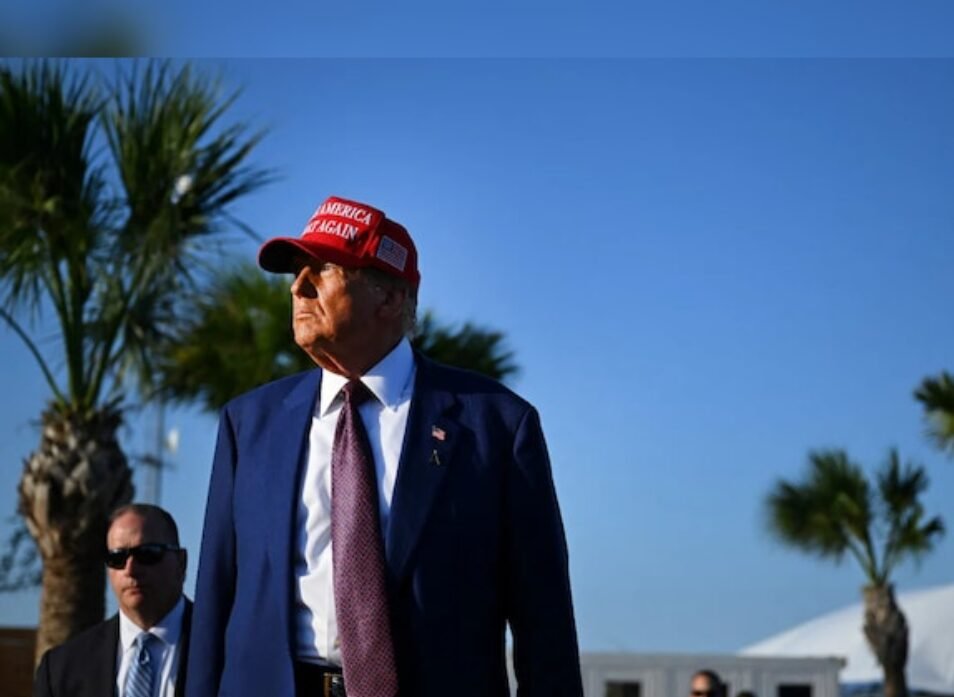


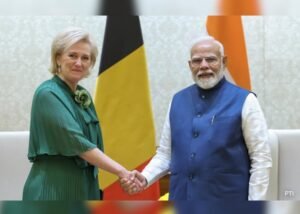



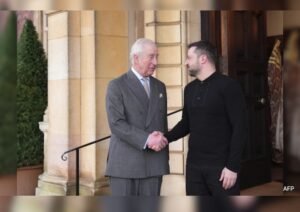
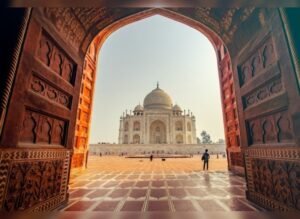


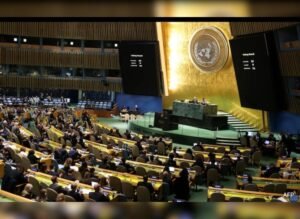
Post Comment